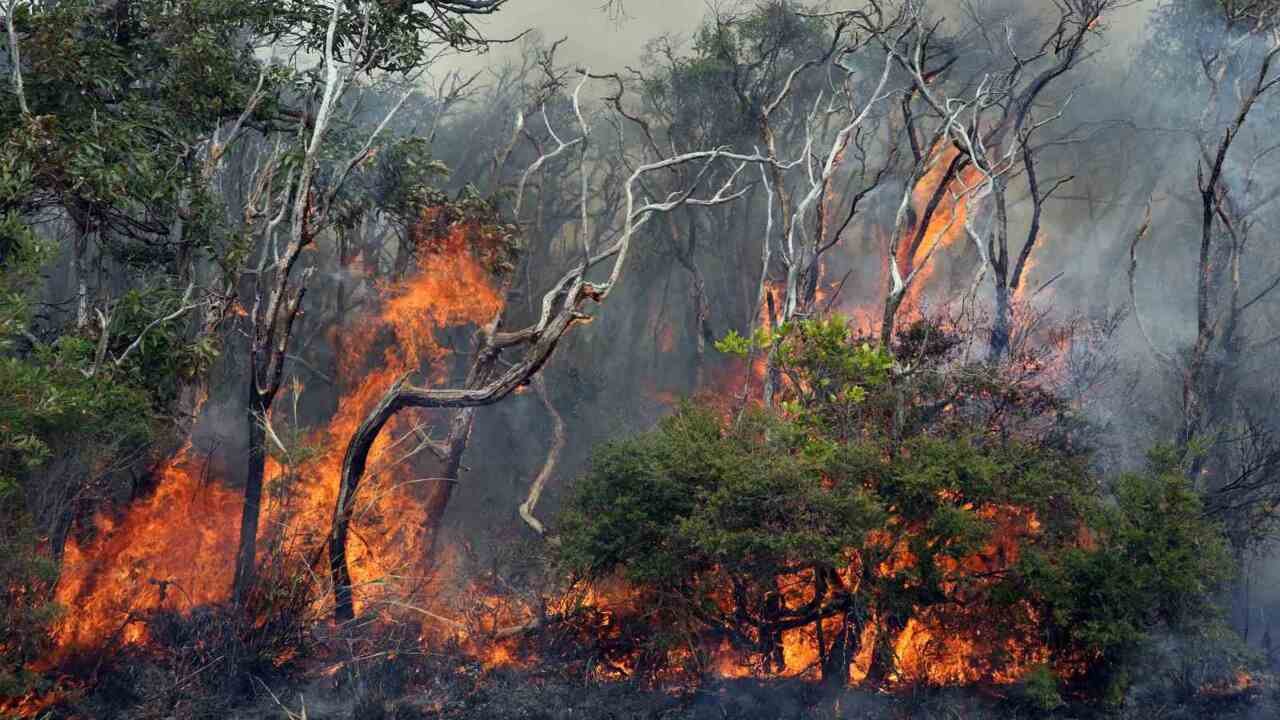Two US men charged with killing 36000 birds including eagles
Federal prosecutors of Montana have charged two US men Simon Paul and Travis John Branson with killing 36000 birds including bald and golden eagles. Both reportedly shot the birds and sold parts and feathers on the black market.
A federal grand jury in Montana charged them with 13 counts of illegal trafficking of bald and golden eagles and one count of violating the Lacey Act. It is a federal law that forbids the trafficking of unlawfully taken wildlife.
According to a charge, Simon and Travis slaughtered birds on the Flathead Indian Reservation in western Montana and elsewhere. Mr. Travis sent texts bragging about “committing crimes” and going “on a killing spree”.
The couple sold the birds and their feathers for “significant amounts of cash. They placed out a deer meat to lure them before shooting the birds.
Click here to read the updates on a major change to come at Sydney beaches after shark attacks
The Montana court charged Simon and Travis with 13 separate cases of suspected Eagle Protection Act breaches. But prosecutors did not disclose what other sorts of birds the men killed or how many were rare or endangered. Prosecutors refused to provide any additional information.
The pair of two US men Travis and Simon charged with killing 36000 birds may face up to 11 years in prison and fines of $275,000 each if the court convicted them on all charges.
Mr. Travis is from Washington State and Mr. Simon is from a village near the Flathead Reservation in Montana. Neither of them could be reached for comment and court filings did not mention the men’s lawyers.
The bald eagle is the national bird of the United States, appearing on both coinage and the national seal. According to the US Fish and Wildlife Service, there were only 417 nesting pairs of bald eagles in 1963. However conservation efforts resulted in a significant recovery, and the species is no longer considered endangered.
Read More:
- Kenyans demand govt to free Shad Khalif & Boniface Mwangi after arrest
- Hamas leader died in Israeli custody, allegedly tortured & starved to death
- Indian man committed crime to prove himself alive after declared dead
- Israeli PM faced boycott from nearly half of Democrats during his address
- Delhi court summoned Dhruv Rathee in defamation case by BJP
- Ethiopia landslides in Gofa killed 229 people
Share this content:









Post Comment